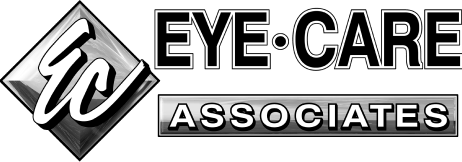Eyecare
We care about your eye health and your family as well
Contact Lenses Examination
Contact lens technology is constantly advancing, making soft contact lenses an option for many more patients than in the past. Contact lenses are a medical device and require proper fitting to ensure not only the best vision correction possible, but also a safe and healthy fit that will not jeopardize the health of the eyes.
A complete eye exam is the first step in a successful contact lens fitting. Once it is determined that there are no ocular health conditions which may prevent contact lens use, the refractive data from that exam is used to select the best lens.
Many factors go into selection of the best contact lens. The shape and size of the cornea is one of the most important considerations when selecting the lens. Even when the lens looks like a good fit at the initial visit, evaluation at a second visit to determine how the lens settles and behaves after a few hours of wear can provide additional important information.
Once an initial lens is selected, training on the application and removal is critical to success with the use of contact lenses. Sometimes this training needs to take place over multiple visits to the clinic depending on the comfort level of the patient with the process.
After the contact lens is selected and the training is completed, diagnostic lenses are sent home to be worn for 1-2 weeks. After this timeframe, a follow up visit is scheduled to reevaluate the fit and vision with the lenses, and any adjustments to the prescription can be made before finalizing the prescription.
Specialty Contact Lenses
For those who are not candidates for conventional soft lenses, specialty rigid or soft lenses may still be an option for spectacle-free correction.
Scleral lenses are a large diameter rigid lens that rests on the sclera to create a “new” effective ocular surface in the case that the cornea is irregular. These lenses can correct vision in those with keratoconus, corneal transplants, and even severe dry eye.
Corneal Refractive Therapy (CRT) uses oxygen-permeable materials to correct myopia (near-sightedness) by gently re-shaping the cornea during sleep. The lenses are removed in the morning and vision is corrected during the day without the need to wear contact lenses or glasses.
Rigid gas permeable contact lenses are smaller diameter rigid lenses used to correct a variety of refractive errors.
Specialty contact lenses are ordered specifically for each patient and each individual eye after evaluation in office with a diagnostic lens. These modalities often require additional fitting appointments and specialty testing to ensure the healthiest and most appropriate fit.
Contact Us to schedule your appointment
Call us on (406) 535-2020 or complete the inquiry form to schedule your appointment or to learn more about how we help our patients.


 Call us at
Call us at